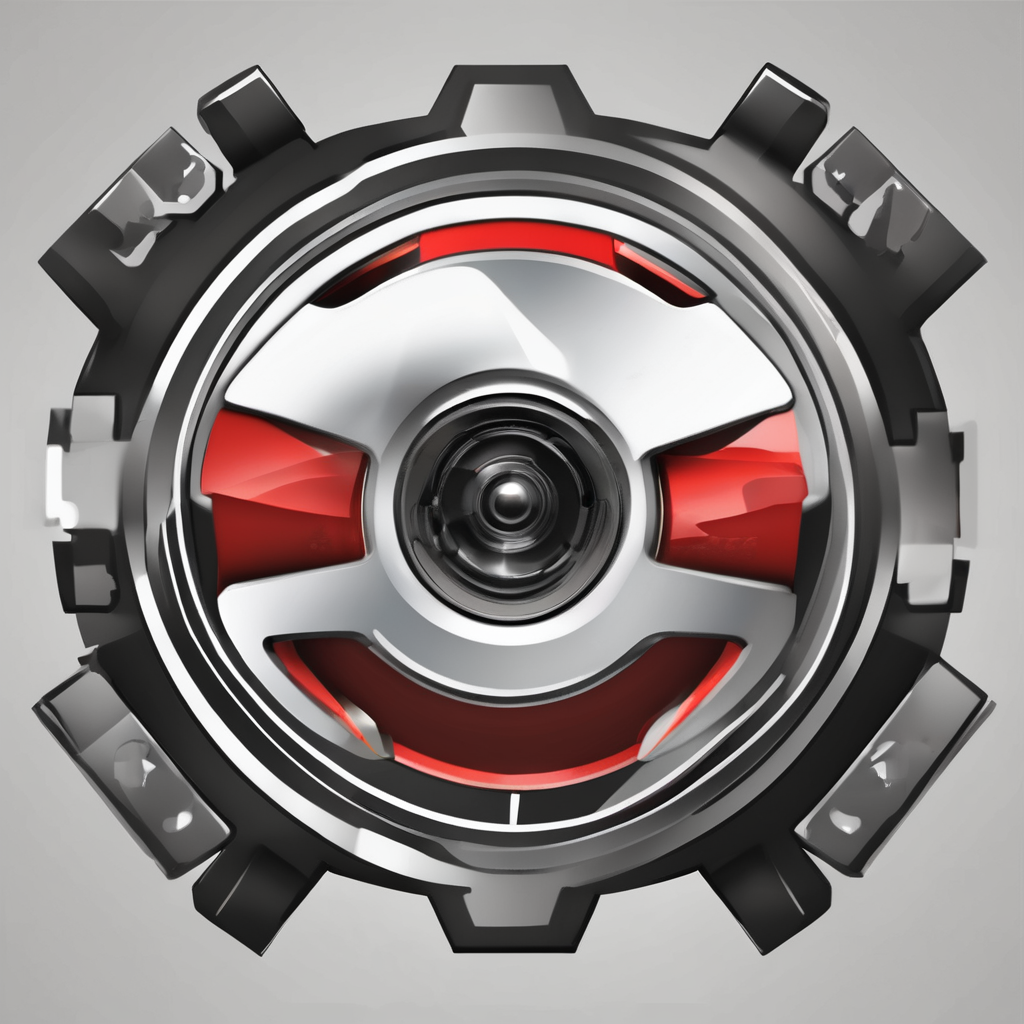Understanding ECU Tuning for the Yamaha MT-10
ECU tuning, or Engine Control Unit tuning, involves adjusting the software that controls your motorcycle’s engine management system. For the Yamaha MT-10, ECU tuning optimizes fuel injection, ignition timing, and throttle response to unlock the bike’s true potential. This process fine-tunes your motorcycle performance, allowing for smoother power delivery, improved acceleration, and better fuel efficiency.
The Yamaha MT-10’s ECU manages multiple parameters, including air-fuel ratio and ignition timing, crucial for the bike’s crossplane inline-four engine. Tuning the ECU recalibrates these parameters, adapting engine behavior to modifications like aftermarket exhausts or air filters. Without ECU tuning, these upgrades may actually reduce performance or limit power gains.
Also to discover : Unlock peak performance: expert throttle control tips for your ktm 390 duke!
Technically, ECU tuning modifies the bike’s ignition maps and fuel maps. Adjusting the ignition timing enhances combustion efficiency, leading to increased horsepower and torque. Simultaneously, precise fuel mapping ensures the engine runs neither too lean nor too rich, preserving engine health and maximizing performance.
In sum, ECU tuning for the Yamaha MT-10 is essential to fully harness your motorcycle’s capabilities and tailor its behavior to your riding style and modifications. This makes it a key step towards achieving optimal motorcycle performance.
In the same genre : Ultimate swingarm maintenance: top lubrication tips for your kawasaki zx10r ninja
Impact of ECU Tuning on Throttle Response and Performance
ECU tuning plays a crucial role in achieving throttle response improvement for the Yamaha MT-10. By recalibrating the engine control unit, the ECU reflash benefits become evident through sharper throttle precision and more immediate power delivery. This means the bike reacts faster and more predictably to rider inputs, enhancing control and confidence during acceleration.
Moreover, ECU tuning results in overall performance gains. Riders typically experience noticeable increases in both horsepower and torque, making the MT-10 livelier across various RPM ranges. This boost not only improves straight-line speed but also enhances ride quality by smoothing out power curves and reducing throttle lag.
Real-world rider feedback often highlights how ECU reflashing transforms the riding experience. Many report a more engaging and responsive throttle feel, allowing for smoother overtakes and better control in technical sections. These advantages contribute to a more thrilling and dynamic ride on the MT-10, elevating its street and track performance without major mechanical alterations.
Understanding the specific ECU reflash benefits can help riders decide if this modification aligns with their performance goals and daily riding needs.
Professional vs. DIY ECU Tuning: Process and Results
Understanding the professional ECU tuning process for the Yamaha MT-10 highlights why expert tuning services often yield superior results. The typical professional tuning sequence begins with a thorough diagnostic scan to establish baseline performance data. The tuner then customizes the ECU map to optimize fuel delivery, ignition timing, and throttle response. This tailored approach ensures peak performance and reliability.
Unlike DIY ECU tuning, which often relies on generic maps or plug-and-play modules, professional tuning involves real-time adjustments using advanced software and dyno testing. This hands-on calibration addresses unique characteristics of each MT-10, such as aftermarket modifications or regional fuel quality. Precision during the MT-10 tuning process is crucial for achieving noticeable gains in horsepower, torque, and throttle smoothness.
Measured before-and-after comparisons demonstrate that professional ECU tuning increases engine efficiency without compromising durability. Riders report not just higher power output, but also improved rideability and responsiveness. While DIY ECU tuning can be cost-effective and accessible, it risks suboptimal performance or engine stress if not done correctly. Thus, expert tuning services provide a balanced solution—delivering measurable enhancements grounded in technical expertise.
Risks, Considerations, and Costs of ECU Tuning
Essential insights before upgrading your MT-10
ECU tuning involves modifying the engine control unit to enhance performance, but it comes with notable risks. One primary concern is the potential voiding of your MT-10’s warranty. Manufacturers often consider ECU tuning as a modification that can nullify warranty coverage, leaving you responsible for future repairs.
When tuning the MT-10, it’s important to weigh risks such as engine overheating, increased wear, or unintended stress on components. Improper tuning can cause engine knock or reduced reliability, so professional services are highly recommended to minimize these issues.
Costs for professional ECU tuning on the MT-10 vary but typically range between $300 and $700, depending on the tuner’s expertise and the complexity of the software adjustment. This cost not only covers the re-mapping but often includes diagnostic checks and follow-up adjustments.
Post-tuning, maintain your motorcycle diligently. Regular engine inspections and oil changes become critical. Monitoring your bike’s performance for unusual behavior will help detect any early signs of trouble, ensuring your tuned MT-10 runs safely and efficiently over time.
Finding Reliable ECU Tuning Specialists for the Yamaha MT-10
Choosing the right ECU tuning specialists is crucial for enhancing your Yamaha MT-10’s performance safely and effectively. Look for professionals with proven experience working specifically on the Yamaha MT-10, as these Yamaha MT-10 experts understand the bike’s unique engine characteristics and electronic control systems.
When selecting a reputable tuning shop, prioritize those with clear credentials, customer testimonials, and transparent tuning processes. A reputable tuning shop will offer tailored remapping or piggyback tuning suited to your riding style and local conditions, ensuring optimal power delivery, fuel efficiency, and reliability.
Additionally, verifying that the specialist provides robust aftercare and support services is essential. Effective ECU tuning requires sometimes fine adjustments after initial installation, and a dependable tuner will offer follow-up diagnostics and corrections.
In summary, seek ECU tuning specialists recognized for their hands-on MT-10 expertise, commitment to customer satisfaction, and ongoing support. This approach minimizes risks and maximizes the gains from your Yamaha MT-10 ECU upgrade.
